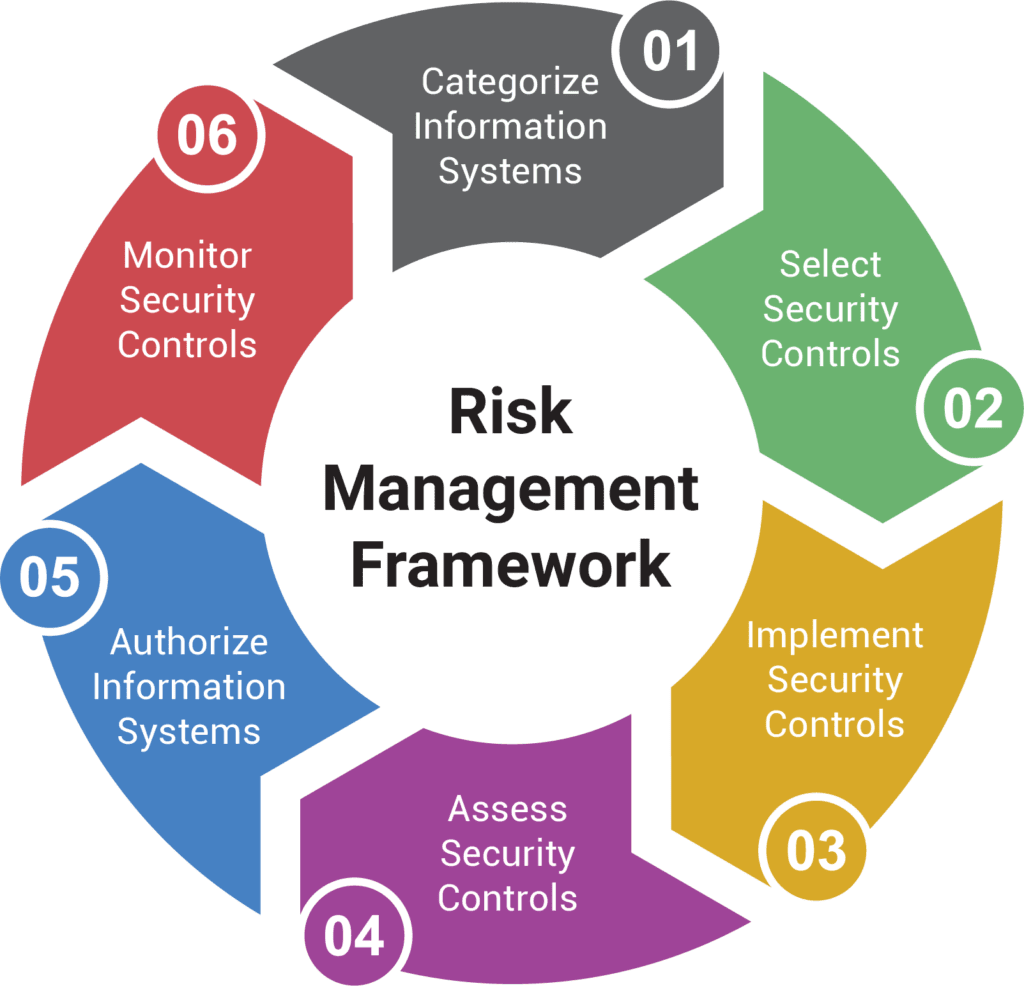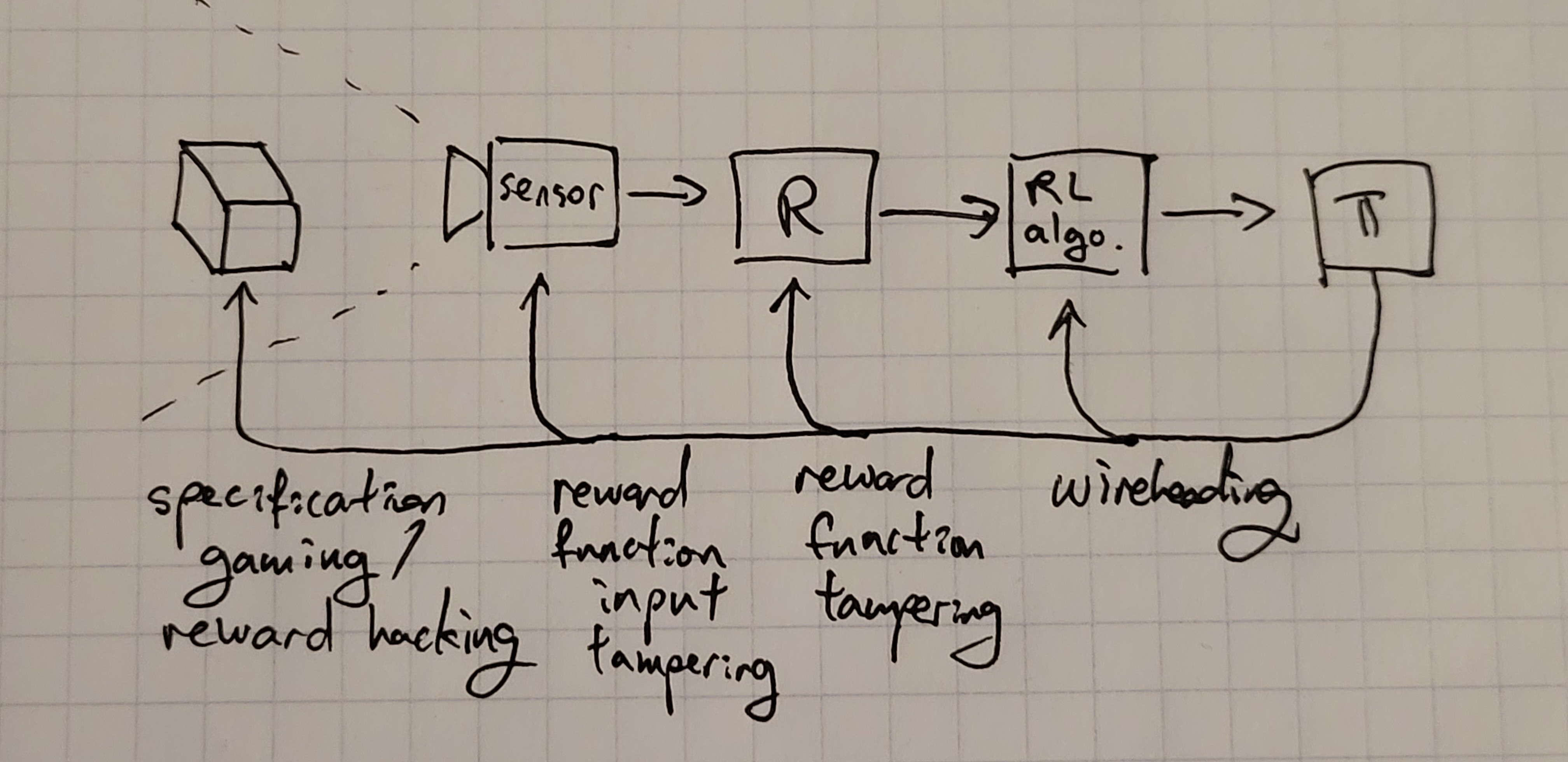An Ambitious Vision for Interpretability
The goal of ambitious mechanistic interpretability (AMI) is to fully understand how neural networks work. While some have pivoted towards more pragmatic approaches, I think the reports of AMI’s death have been greatly exaggerated. The field of AMI has made plenty of progress towards finding increasingly simple and rigorously-faithful circuits, including our latest work on circuit sparsity. There are also many exciting inroads on the core problem waiting to be explored. The value of understanding Why try to understand things, if we can get more immediate value from less ambitious approaches? In my opinion, there are two main reasons. First, mechanistic understanding can make it much easier to figure out what’s actually going on, especially when it’s hard to distinguish hypotheses using external behavior (e.g if the model is scheming). We can liken this to going from print statement debugging to using an actual debugger. Print statement debugging often requires many experiments, because each time you gain only a few bits of information which sketch a strange, confusing, and potentially misleading picture. When you start using the debugger, you suddenly notice all at once that you’re making a lot of incorrect assumptions you didn’t even realize you were making. A typical debugging session. Second, since AGI will likely look very different from current models, we’d prefer to gain knowledge that applies beyond current models. This is one of the core difficulties of alignment that every alignment research agenda has to contend with. The more you understand why your alignment approach works, the more likely it is to keep working in the future, or at least warn you before it fails. If you’re just whacking your model on the head, and it seems to work but you don’t really know why, then you really have no idea when it might suddenly stop working. If you’ve ever tried to fix broken software by toggling vaguely relevant sounding config options until it works again, you k


my life would often be better if I exercised more agency. why don't I do so more often? here is a taxonomy of reasons I've noticed:
- energy: I'm often very fatigued, which makes it much harder for me to do anything, which includes anything new.
- decision fatigue: a related thing is even for a given amount of energy, I have a limited number of decisions I can make, and a limited number of things I can focus on and think carefully about.
- emotional avoidance: sometimes, exercising agency requires admitting that I've been doing things wrong all this time, or that part of my identity is not what I want it to be, or confronting some
... (read more)